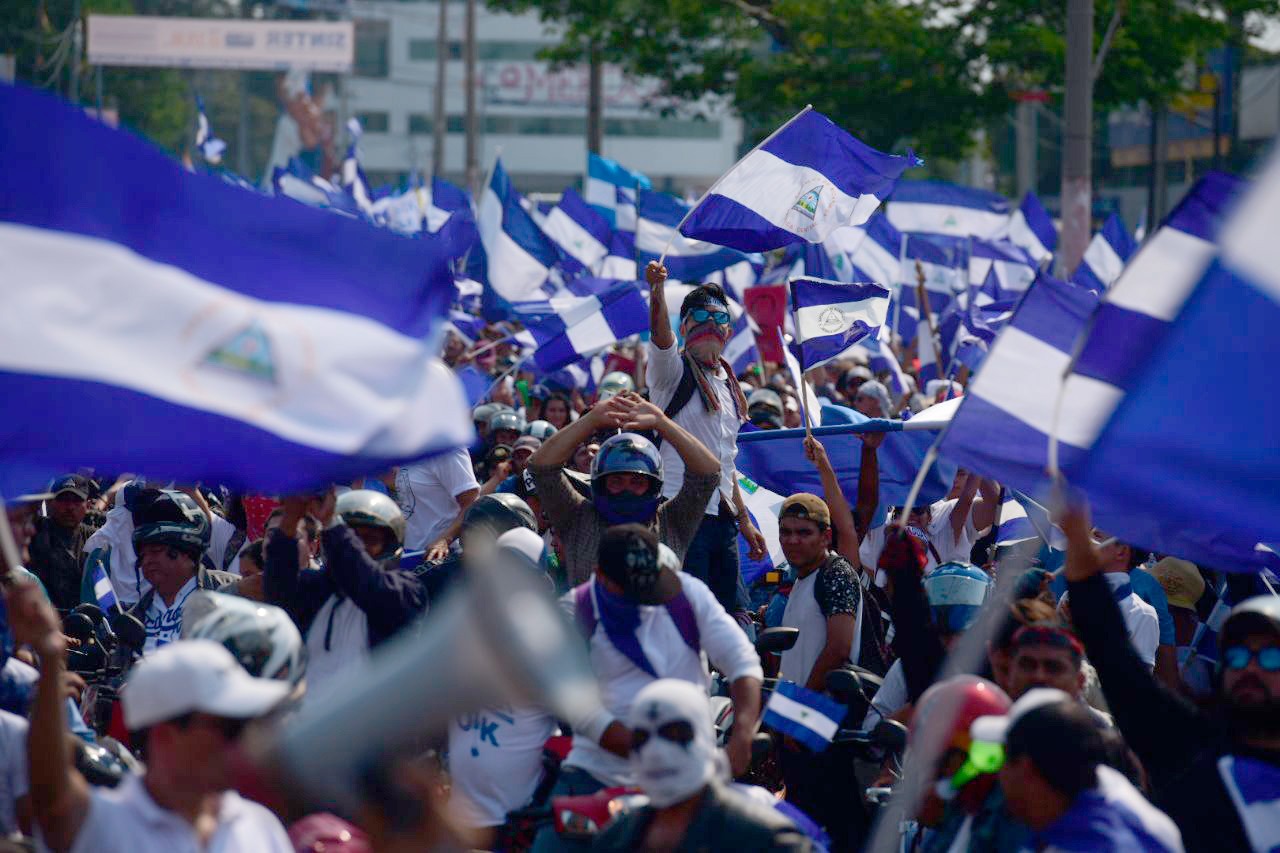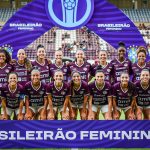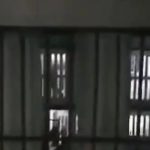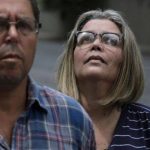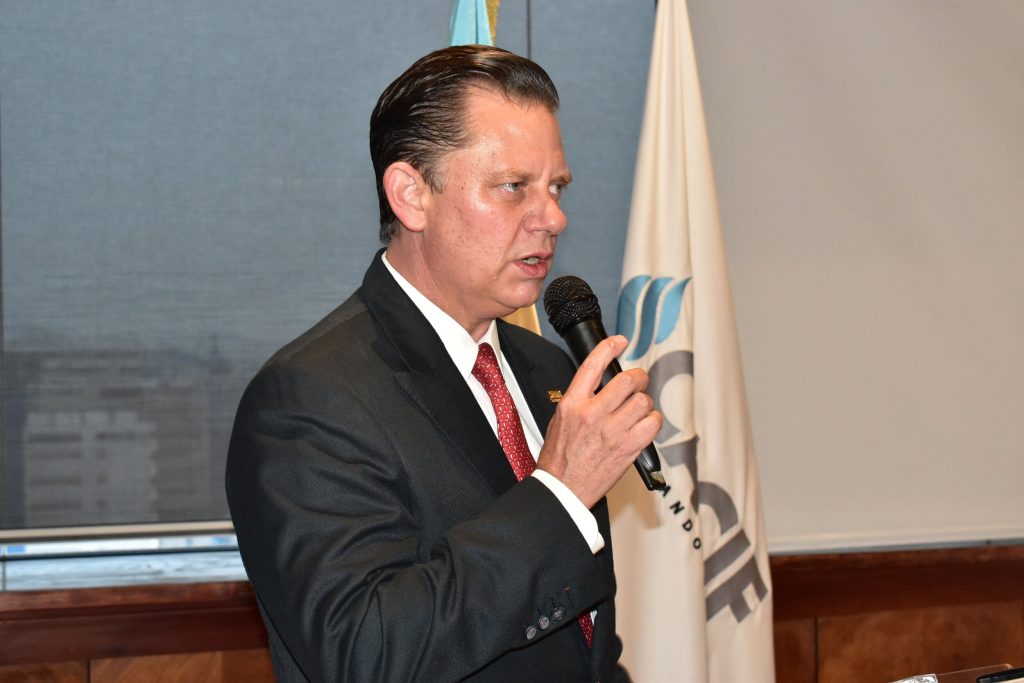It has been three years of incessant harassment for the opposition. With more than 150 political prisoners in the prisons of the regime, including 40 civic, political and business leaders in the last five months, Ortega continues its repressive escalation and persecution in Nicaragua.
In addition to imprisoned leaders, in the Blue and White National Unit (UNAB), one of the expressions of the organized opposition after the April 2018 Rebellion, 17 of its departmental coordinators are currently besieged and persecutedWhile at the municipal level at least 70 leaders have been summoned by the Prosecutor’s Office or the Police and are threatened to prevent them from engaging in any opposition activity, including the call to “no vote” for the general elections on November 7.
Last October, nine organizations signed a statement in Costa Rica, The United States and Europe, in which they raised their rejection of the “electoral farce” and demanded the freedom of political prisoners and the international declaration of illegitimacy of the voting.
The roadmap signed by these groups is a good start, according to former opposition MP Eliseo Núñez, but there is still a long way to go. In favor, he assures that the fight against Ortega has become timeless.
“We no longer have electoral milestones in front of us, we simply have to design our own strategy and take care that the agenda is not stolen from us. We must put it in, ”says Núñez.
The reinvention of the opposition means overcoming, in the first instance, the division that is seen as a mistake made in the past, from which there are lessons to be learned, according to the member of the UNAB political council, Alexa Zamora.
“We are in a moment of assuming them with maturity and not repeating them. These divisions without meaning under any argument – be it ideological or of any court – because they are not positive, “says Zamora.
Jesús Téfel, another member of the UNAB, maintains that a respectful internal dialogue must be started, because in recent years politics has been built on the basis of attacks.
“There was a theory that was proven wrong that it was an ideological question, an ideological war. It did not end up being this way, the different ideologies ended up losing the weight of the repression equally. We all definitely need to rethink the strategy ”, agrees Téfel.
The guerrilla commander and historian of the Sandinista struggle, Mónica Baltodano, considers that “hegemonism” must be overcome, which is also part of the heritage of Nicaraguan political culture and consists in the fact that some organizations always want to be controlling, from above, the spaces of articulation.
“Building alliances supposes that there is diversity of principles and thinking. We must be able to confront and overcome the work of the dictatorship, aimed at maintaining the dispersion and fragmentation of the opposition, ”explains Baltodano.
False elections: the burial of democracy
For Nemesio Mejía, one of the leaders of the Peasant Movement, irregular voting represents the burial of democracy and highlights the adverse context on the issue of human rights.
“There is a persecution of all Nicaraguans who speak out against what this government is doing. That 81% reflected in the polls that are not with Ortega will not be able to silence them and we hope that in this type of elections to suit them, they will not get anywhere, “he says.
Baltodano looks back at the years of the dictatorship’s struggle against Somoza, when there were even more freedoms than now. “Meetings were allowed, trials were public. In the universities there was freedom of organization and autonomy. And if we refer to press freedom, let us not forget that Pedro Joaquín’s La Prensa circulated until June 1979, before being destroyed by bombs, ”compared Baltodano, who considers that the key to confront the current tyranny is the organization, a point where the opposition looks weaker.
Ana Quirós, who was expelled from Nicaragua in 2018 for political reasons and stripped of her nationality and her organization CISAS, points out that since that year at least 49 organizations have been closed.
“We have seen the hardening of conditions,” says Quirós. In that vision he agrees with Álvarez, who believes that Nicaragua is experiencing State terrorism. “It can no longer be called a regime, it is terrorism,” he sentenced.
They will not be change tokens
Last week, authorities allowed relatives of political prisoners a second visit in more than 100 days in jail. Ana Lucía Álvarez was concerned about the health of her sister Támara Dávila and her aunt Ana Margarita Vijil.
Davila has lost 32 pounds since she was arrested in June. He now weighs 108 pounds, according to relatives. The conditions in which it survives are extreme.
Álvarez narrates that they are not allowed to deliver food for their relatives, except for water. “At some point, they received yogurt, but at no time a plate of hot food. A gallopinto ”, he laments.
Political prisoners are victims of torture, some remain in the dark and others with the light on The 24 hours of the day. Some are located next to another political prisoner in the same cell and others are in solitary confinement in which they are subjected to interrogations.
“That a human being only has contact with his interrogators, that they interrogate her every day and Tammy (Tamara) 27 says that 16 different people have been interrogators. This is part of a torture system, ”says Álvarez.
Faced with the possibility of a dialogue, Álvarez rejects that the inmates are used as bargaining chips.
Last January, Ortega mentioned the possibility of these talks after the November votes. Recently, the idea was repeated by Sandinista deputy Wálmaro Gutiérrez, but he warned that only those who love “Nicaragua, not those who ask for sanctions,” would be allowed to participate, which is one of the regime’s pretexts to imprison opponents.
For Álvarez, what there should be is “unconditional freedom for all political prisoners” and he affirms that they are still in the task of documenting arbitrariness.
Former deputy Núñez imagines “dialogue” like those in Venezuela, in which the dictatorship looks for collaborators to legitimize itself. “The difference is that we do not have a constituent here,” added the politician, who would not be surprised if Ortega is re-elected with 95% as Syrian Bashar al-Ásad in May last, following the desire of Ortega, who has not hidden his vocation for a single party, as it also works in Cuba.
